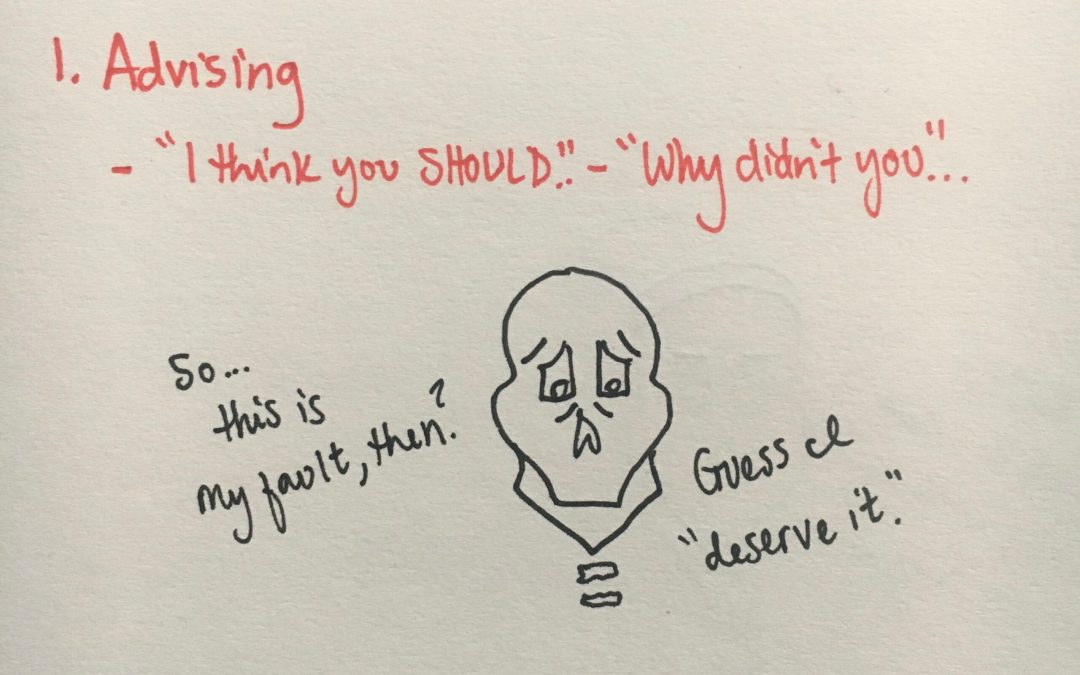This podcast episode explores the complex relationship between trauma, CPTSD, and sexuality. It discusses how childhood narratives, early experiences, and adult adaptations can create conflicting internal “parts” that influence sexual behavior and attitudes. The episode introduces the concept of examining sexual dysfunction through the lens of Internal Family Systems, encouraging listeners to understand their sexual history and patterns for better integration and healing.












